What are Digital Marketing Analytics?
Picture a detective examining clues and evidence to solve a complex case. Digital marketing analytics collects and analyzes data, just like clues, unraveling the mystery of customer behavior. Marketers have long been able to analyze patterns, preferences, and trends. However, the digital era has provided them with an array of new metrics to track, revealing more details about a customer's journey. Analyzing these digital metrics helps them better understand what works and what doesn't in a modern campaign. It also allows businesses to create highly customized marketing strategies, ensuring each online campaign resonates with the audience and leads to successful outcomes.
Digital Marketing vs. Digital Analytics vs. Digital Marketing Analytics
Digital growth is built on a foundation of effective marketing, insightful analytics, and the synergy between the two. Among these, digital marketing, digital analytics, and digital marketing analytics are the fundamental pillars.
- Digital Marketing: All efforts aimed at engaging audiences on the internet. Digital channels, including search engines, social media, messages, emails, and websites, are used to reach current and prospective customers.
- Digital Analytics: Part of broader behavioral analytics, this examines data from all digital interactions. It helps provide a clearer picture of what items users are looking for, how they are looking for them, and offers insights into enhancing customer experience and strategies.
- Digital Marketing Analytics: Digital marketing analytics focuses on data derived from online marketing endeavors, focusing on measuring and refining digital marketing campaigns and strategies.
In summary, while digital marketing is the overarching strategy, digital analytics provides the tools to understand user behavior, and digital marketing analytics harnesses this understanding to fine-tune marketing initiatives. Together, they form the foundation of successful online strategies, helping businesses navigate the constantly changing digital landscape effectively.
The Importance of Digital Marketing Analytics
Digital marketing analytics gives businesses valuable insight into the customer journey. The data points reveal actionable steps to take, especially when trends and preferences pivot. As the MSU Feliciano School of Business puts it, "From shaping buyer personas to website revamps, digital marketing analytics is the compass directing the trajectory."1 Clearly understanding what works can drive significant growth for businesses.
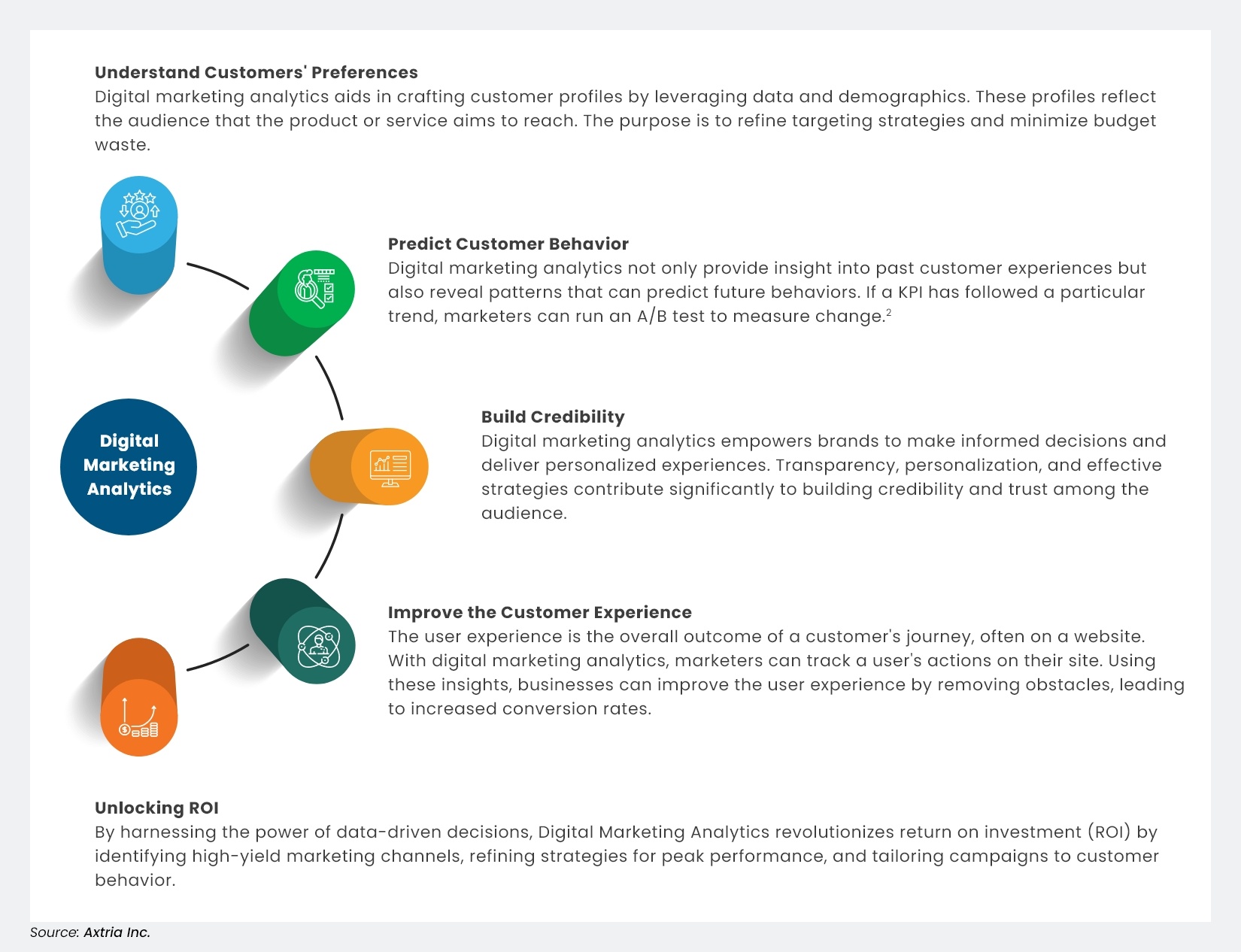
Examples of Digital Marketing Analytics
Digital marketing analytics involves using several tools and methods to measure performance. From seeing how many emails were opened to seeing what the customer clicked on next, most actions can be counted – and all that data holds value. Some analysis methods include:
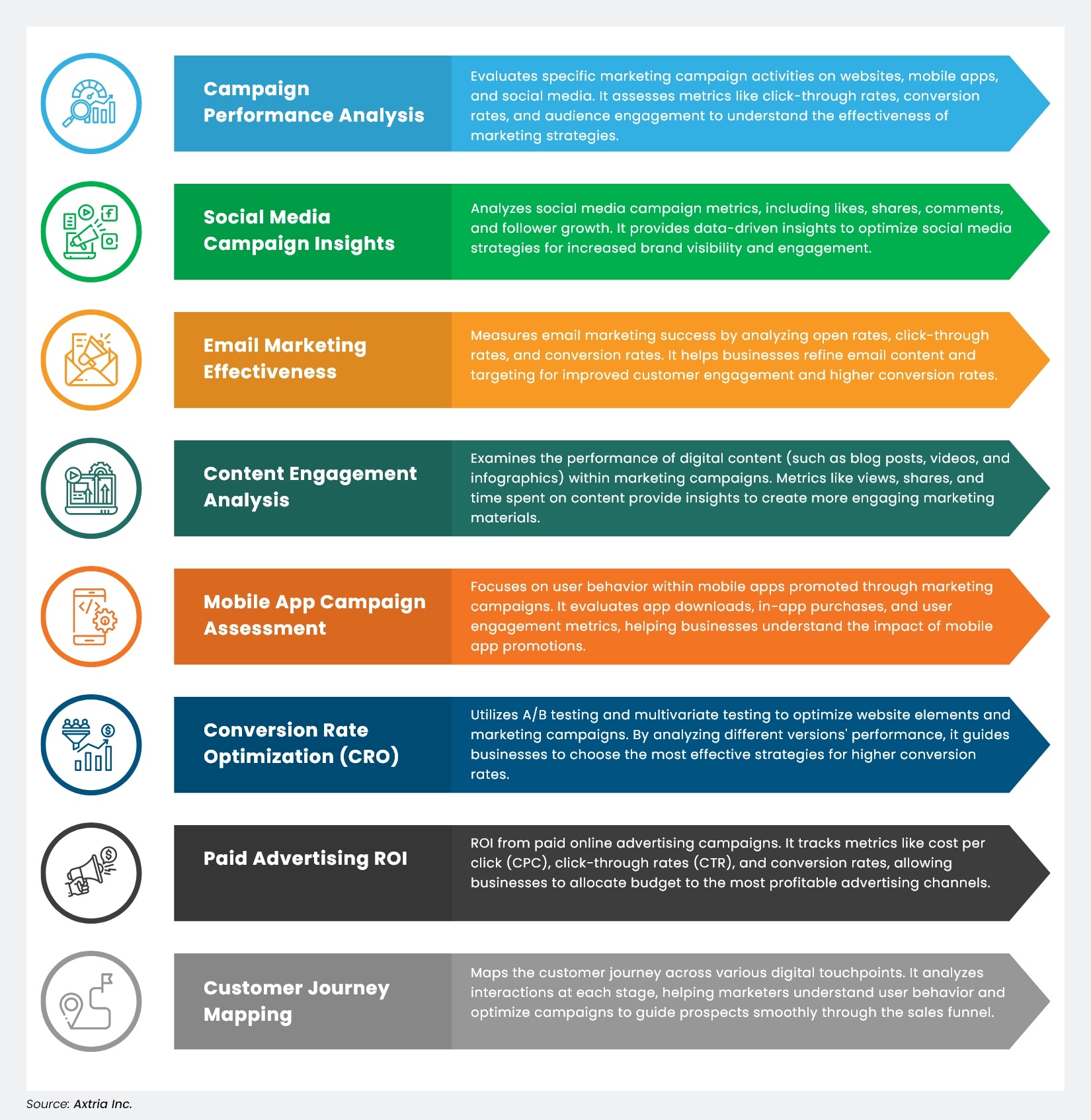
Figure 2: Various analysis methods in digital marketing analytics
Data's Role in Digital Marketing Analytics
Digital marketing analytics won't work if the data isn't there. It must be collected from proper sources, including tracking data from websites and emails, product and feature usage information, social media interactions, and a company's own internal data. By harnessing the power of data, marketers can create targeted, personalized, and highly effective campaigns that resonate with their audience, leading to increased engagement, conversions, and business growth.
Here's how data shapes the landscape of digital marketing analytics:
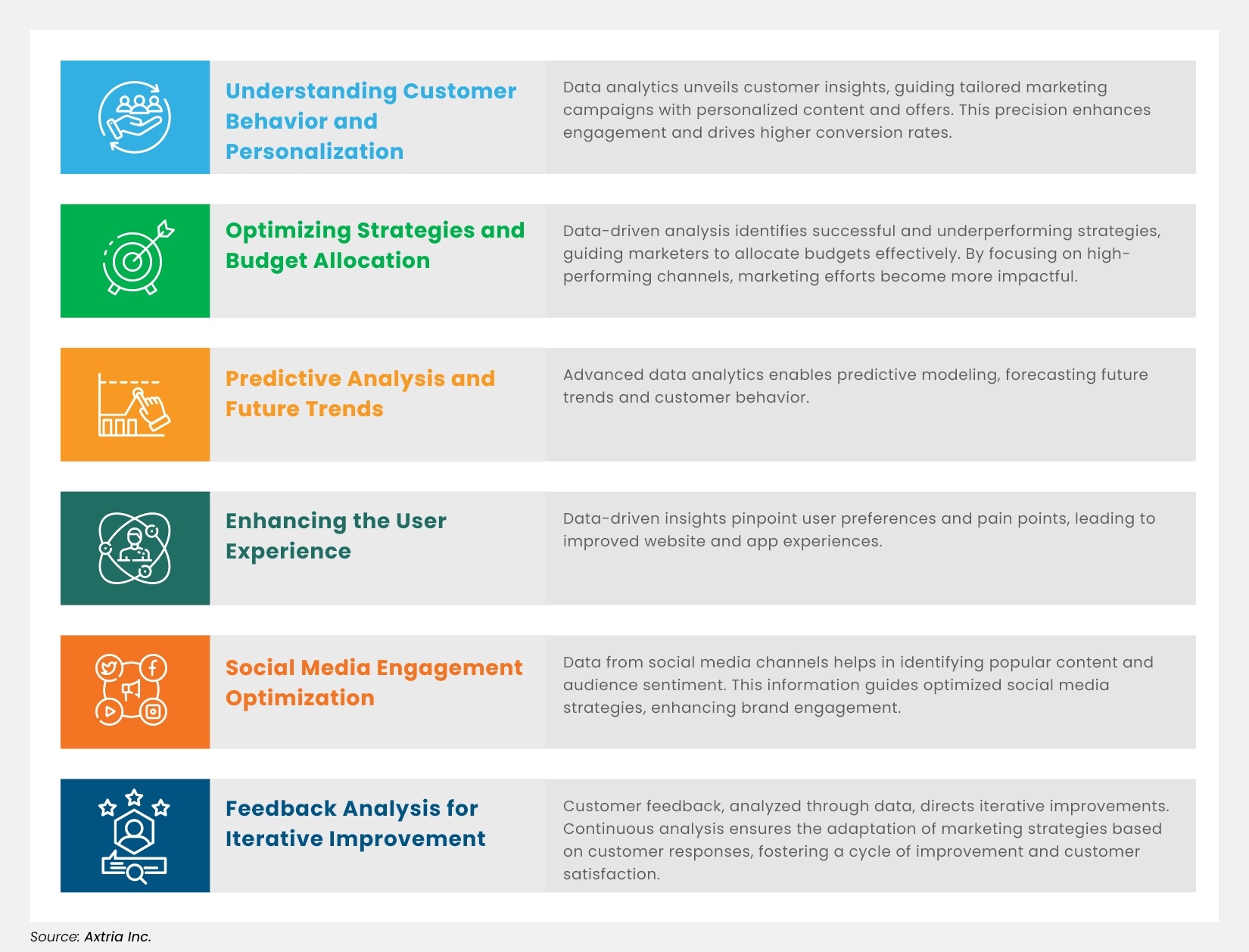
Figure 3: Actionable results from effective digital marketing analytics
Digital Marketing Analytics Tools
Data may be paramount, but if you don't have the right tools to parse it, you could be left with information overload: too much data and no valuable insights to show for it. Choosing the right tool is a critical step in the digital marketing analytics process. Several powerful options are available for marketers to gather insights, optimize campaigns, and measure performance. Here are some notable ones:
- Google Analytics: This service details how users interact with a website, including information about visitor demographics, behavior, and the effectiveness of marketing efforts.
- Semrush: This tool is described as "An all-in-one suite for improving online visibility and discovering marketing insights."3 Its features include keyword research, content marketing insights, and campaign management.
- HubSpot: A customer relationship management (CRM) platform with integrations connecting marketing, sales, content management, and customer service. Marketers can nurture leads, manage content, and analyze customer interactions, enhancing efficiency.
- Optimizely: A digital experience platform (DXP) that allows businesses to refine their online presence by conducting A/B testing, multivariate testing, and personalization on their websites. It includes toggles, web content management, and digital commerce.
- Sprout Social: A platform enabling management and engagement of social media. It lets businesses manage their social media presence effectively. Marketers can schedule posts, track audience interactions, and analyze performance metrics.
- Mailchimp: An all-in-one marketing platform designed to help create marketing campaigns, connect with their audience, and grow their brand effectively.
Businesses should choose tools that best match their goals to unlock the full potential of digital marketing campaigns.
Digital Marketing Analytics in Action
Digital marketing analytics shapes effective online strategies for businesses. It involves the real-time collection and analysis of data. Advanced tools are then used to measure online campaign performance, track user engagement, and evaluate marketing strategy effectiveness. The real action then comes via interpretation of the data. This is where businesses gain the actionable insights that help refine their marketing approaches, target specific audience segments, and enhance overall customer experiences.
When aligned with a strategic approach, the digital marketing analytics process becomes a powerful tool for businesses to boost their online presence. Here's a simplified breakdown of the process:
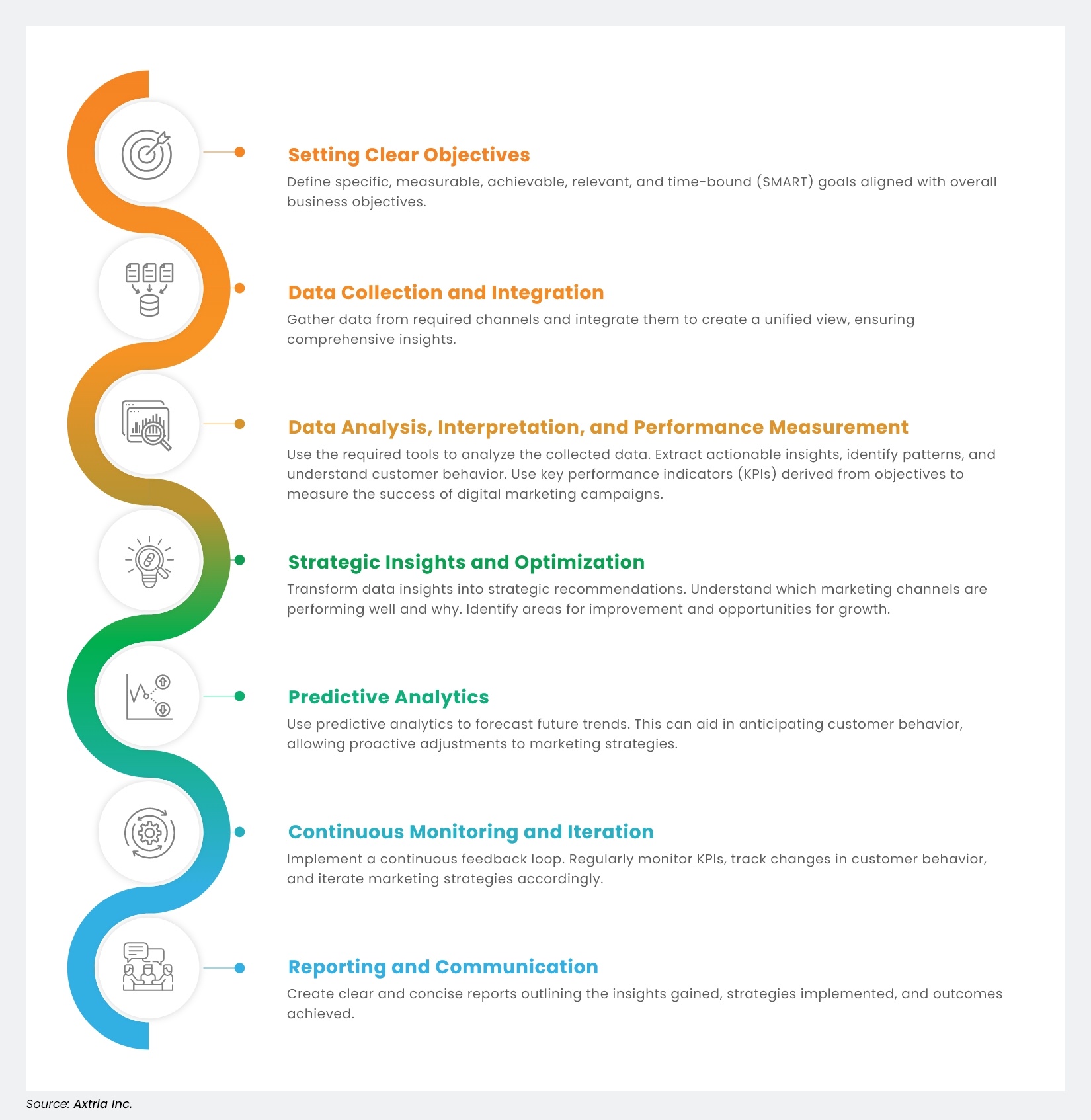
Figure 4: A typical digital marketing analytics process
Digital Marketing Analytics in Pharma and Life Sciences
In the past two decades, pharmaceutical sector spending on marketing has surged by almost 70%, reaching a staggering $30 billion.4 Pharmaceutical companies are redefining their interactions with stakeholders as the world adapts to the post-pandemic era. These companies must find new ways to engage users whose expectations have risen and whose behaviors have permanently shifted. Stakeholders like payers, healthcare professionals (HCPs), and patients have fully embraced the digital landscape. This shift has changed how users access information and services and significantly influenced how pharmaceutical companies engage with their stakeholders.
Pharma marketing is complex, given stringent regulations and diverse stakeholders. It has led companies to embrace a digital-first approach, shifting from traditional models to innovative, data-driven methods. Under this approach, digital marketing analytics integrates omnichannel concepts and refines the marketing mix. It incorporates technologies like automation and artificial intelligence, enhancing operational efficiency.
Central to this evolution are new customer engagement models, particularly self-service platforms. Digital marketing analytics now monitors customer interactions, tracks adverse events, evaluates drug efficacy, and deciphers public sentiment online.
In the pharmaceutical sector, digital marketing analytics is tailored to meet the industry's unique demands, employing a strategic approach to address specific challenges. Here's a breakdown of how it operates:
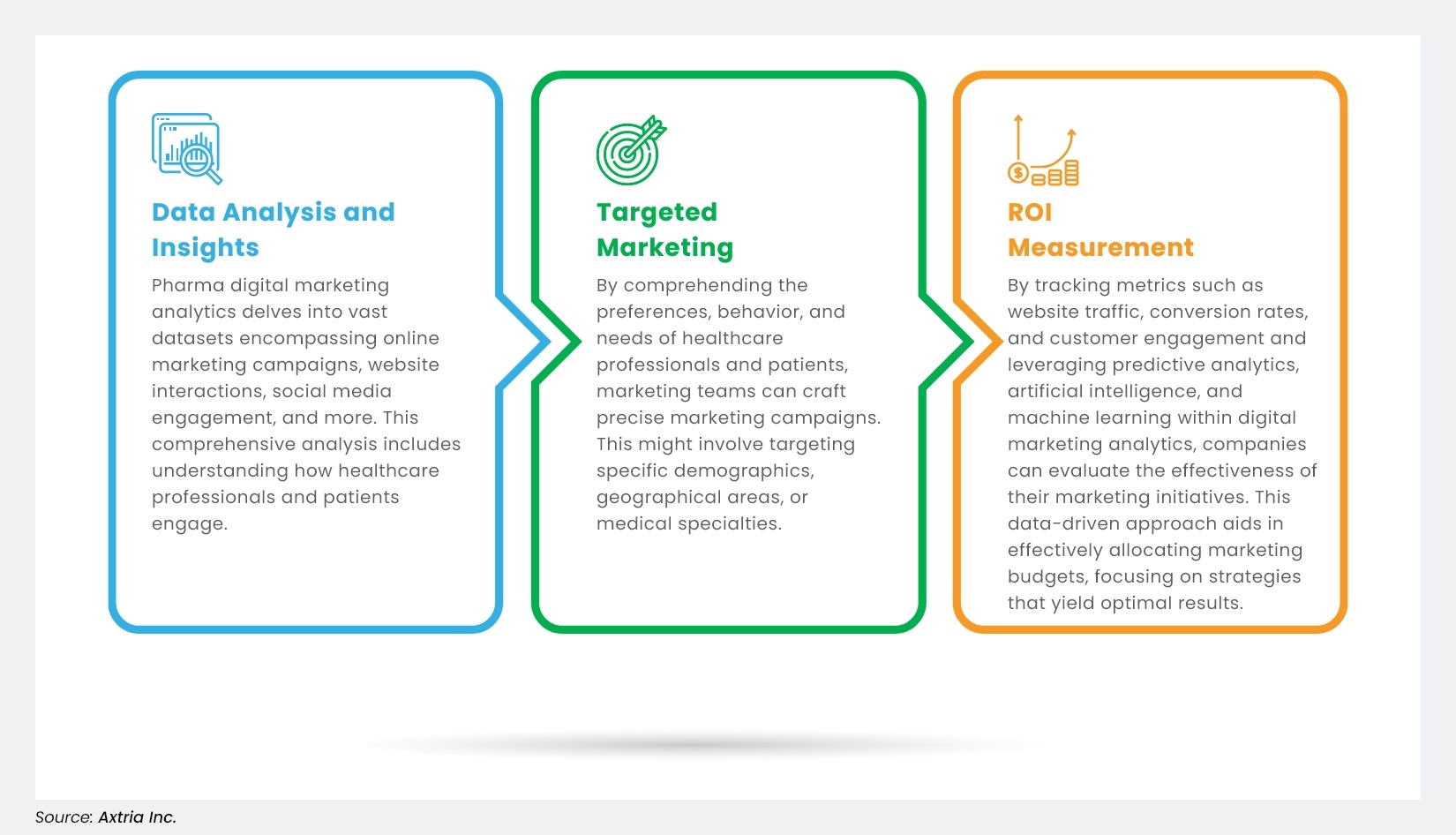
Figure 5: Digital marketing analytics in pharma
A significant advantage of digital marketing analytics in the pharmaceutical sector is its capacity for continuous improvement. Real-time data analysis empowers companies to identify successful strategies and adapt their approaches swiftly. This adaptability ensures that digital marketing campaigns remain pertinent, engaging, and practical, driving enduring positive outcomes.
Conclusion and Takeaways
Preferences and trends can be upended at a moment's notice. That means data holds unparalleled importance. Digital marketing analytics becomes the tip of the spear, allowing businesses to pivot with their customers and make significant online advancements. With powerful tools, strategic insights, and analysis, digital marketing analytics empowers companies to flourish in this dynamic digital ecosystem. Digital marketing analytics is more than just a tool; it's a strategic necessity. By embracing this transformative force, businesses can confidently navigate changes and achieve unparalleled success.
This article is contributed by Garima Gulati, Manager at Axtria.
References
- Montclair State University. Your guide to digital marketing analytics. Feliciano School of Business. https://onlinemba.montclair.edu/your-guide-to-digital-marketing-analytics/
- St. Bonaventure University. Digital marketing analytics: why they are a must-have marketing skill. 2021. https://online.sbu.edu/news/digital-marketing-analytics
- Semrush. What is Semrush? https://www.semrush.com/kb/995-what-is-semrush
- Morrison A. The evolving world of pharma marketing. Pharmacy Times. 2020. https://www.pharmacytimes.com/view/the-evolving-world-of-pharma-marketing
Table Of Contents
- Digital Marketing vs. Digital Analytics vs. Digital Marketing Analytics
- The Importance of Digital Marketing Analytics
- Examples of Digital Marketing Analytics
- Data's Role in Digital Marketing Analytics
- Digital Marketing Analytics Tools
- Digital Marketing Analytics in Action
- Digital Marketing Analytics in Pharma and Life Sciences
- Conclusion and Takeaways



